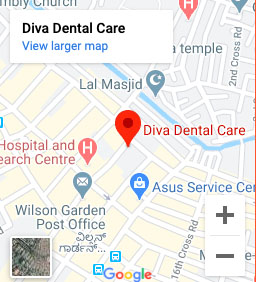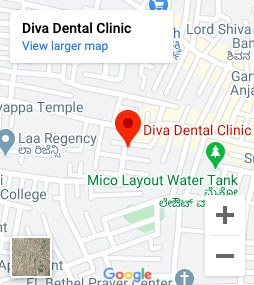Root canal treatment toothpain
April 2, 2023
Root canal treatment toothpain - One of the main causes of prolonged toothache after a root canal is A Sodium Hypochlorite accident. This happens through the apical foramen of the tooth that is undergoing endodontic treatment unintentionally when sodium hypochlorite solution is pumped into the periradicular tissues of the tooth. The symptoms of this include severe burning pain, swelling of the cheek, and bleeding from the periapical tissue. Another cause could include Incomplete pulp extirpation- Pulp extirpation is the removal of a piece of the pulp which is infected as a procedure of the root canal treatment which when not done properly could lead to pain.
What type of dentist performs RCT?
An endodontist is highly specialized and experienced in performing a root canal, but some of the highly skilled dentist also perform the treatment.
What if root canal treatment was left incomplete?
Root canal treatment toothpain - After a root canal treatment the area prevents bacteria from entering in the future., If the root canal is left unfinished, the treatment stands insecured. This would give way to bacteria which would enter and result in infection. Moreover, this infection if left untreated would spread throughout the mouth and jaw and cause an abscess. Finally it would result in huge dental damage and affect the patient’s health.
Can tooth infection or root canal cause hair loss and acne?
There is no direct connection between tooth infection or root canal and hair loss and acne. However, in some cases, a tooth infection or root canal treatment can lead to systemic inflammation in the body. Furthermore, this causes hormonal imbalance and increases the production of sebum. This is the natural oil which lubricates the skin and in turn leads to hair loss and acne as secondary effects.
What is the solution for calcified root?
A calcified tooth happens as a result of the tissue within the root. This hardening occurs due to mineralization which makes it almost impossible to perform a root canal treatment.
The solutions to deal with the calcified root by the severity of the case are: -
1. Usually, the calcified part is the tip involves surgically removal. This procedure's called an apicoectomy. And if the tooth is too damaged by a lot of calcification, then the tooth is removed by performing the extraction.
2. In rare cases there might be a root canal treatment performed without discovering the calcified root. In that case, re-treatment in performed where your dentist removes the previous restoration. Finally,the calcified tissue's cleared out along with a retreatment procedure.
What are the possible side effects of a root canal?
Root canal treatment toothpain
To save the teeth from an extraction the tooth needs a root canal treatment. Here your dentistsremoves the infected tissue from inside the tooth.
Though the procedure is safe there are certain side effects: -
1. Inflammationn or swelling around the treated tooth post root canal. Your dentist prescribes you with anti-inflammatory medication to reduce the inflammation. In some rare cases, it is possible to develop an infection after the root canal. Patients may experience fever, swelling and persistent pain. In such situations it is best to contact your endodontist or dentist in bangalore.
2. During the first few days after the treatment, it is usual to experience pain and discomfort. Painkillers control the pain after the procedure.
3. The tools used during the root canal treatment may end up damaging the neighbouring teeth or tissues in rare cases and may lead to causing perforated roots which in turn might require another treatment.
How much time does it take to tighten up after the root canal?
In general, most patients get back to normal activities within a day or two after the treatment. But for the tooth to completely heal it may take a couple of weeks. However, the time required to fully tighten up after a root canal depends on the severity of the infection. It also depends on the patient’s overall health and the complexity of the root canal treatment.
Is root canal treatment a painless dental procedure?
Although root canal treatment may not be completely painless, Modern technologies that keep evolving have made it easier to go through the treatment. Your dentist numbs the affected tooth and tissues surrounding with local anesthesia to decrease the discomfort during the treatment. With proper dose of anaesthesia , majority of the patients describe little to no pain going through the root canal treatment. Patients suffering from dental anxiety might feel it more challenging going through the treatment.
Is there any danger of smoking between root canal treatments?
It is generally advised to refrain from tobacco products post root canal treatment. Smoking increases the risk of complications post treatment delaying the healing process and increasing the rate of inflammation. It can also cause staining of teeth which can especially be noticeable after a root canal as the treatment involves placing a dental restoration.
Will an X-ray always show if you need a root canal?
X-rays do not provide an accurate answer when it comes to root canals as there might be a requirement for a root canal even if the damage is not shown on the X-ray and there might be a requirement of a root canal as shown in the X-ray but not the exact treatment. X-Rays can identify cracks, deep decay, fractures in the tooth, abscesses and other infections which might require root canal treatment, but they cannot identify the issue when the damage is in the early stage.



